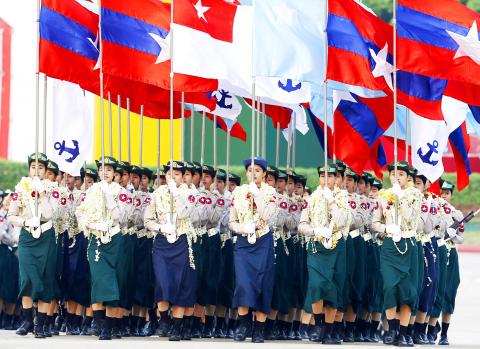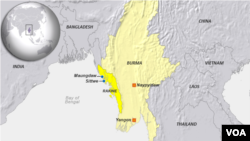Said1
Gold Member
Blasts kill 11, wound 162 in Myanmar capital
By Aung Hla Tun
Reuters
Saturday, May 7, 2005; 12:22 PM
YANGON (Reuters) - Three bomb blasts rocked the capital of military-ruled Myanmar on Saturday, killing 11 people and wounding 162 others in an attack the junta blamed on ethnic rebels and exiled political opponents.
It was the latest in a series of explosions in the former Burma, ruled by the military since 1962, and the deadliest in the capital in more than two decades.
"Authorities are in hot pursuit of those who carried out these terrorist acts," Myanmar state television said of the blasts, which occurred minutes apart at a shopping mall, a supermarket and trade center.
It blamed the attacks on three ethnic rebel groups -- the Karen National Union (KNU), Karenni National Progressive Party (KNPP) and Shan State Army (SSA) -- and the exiled National Coalition Government of the Union of Burma (NCGUB).
Continued

